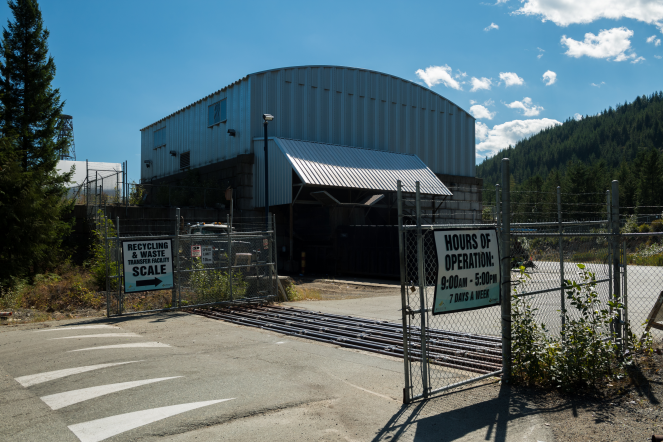New fees in effect January 1, 2022
The solid waste tipping fees at the Waste Transfer Station will be increased effective January 1, 2022.
The changes are being made to further encourage the public and businesses, particularly those generating large amounts of waste from construction or home renovation, to recycle when possible to reduce the amount of waste sent to the landfill. The new fees have been developed with careful consideration so as not to encourage illegal dumping or waste being disposed of in other communities.
“Whistler continues to press forward to find ways to reduce the amount of waste sent to the landfill,” said Whistler Mayor Jack Crompton. “Balancing our community education initiatives with carefully considered financial incentives for waste reduction will allow the municipality to continue to move towards the ultimately goal of zero waste – where waste is kept out of the landfill.”
The increase in tipping fees comes two months after Whistler Council endorsed the new Whistler Zero Waste Action Plan 2021-2026, which sets out a number of targets for reduced waste generation by 2030. Tipping fee rates were last increased in 2020.
Waste Wizard
To further encourage the community to recycle waste properly, the Resort Municipality of Whistler (RMOW) launched a new “Waste Wizard” digital tool earlier this year.
The “Waste Wizard” tool is available on the municipality’s website at whistler.ca/waste and allows community members to search items that need to be disposed. The tool then shares where those item can be recycled within Whistler as well as throughout the province.
The tool was developed by the Recycling Council of BC and is made available for communities throughout B.C. to use at no charge.
View the “Waste Wizard” digital tool.
Drywall Disposal Program
A new drywall disposal program was also implemented this year to make it easier and more affordable for residents to dispose of small amounts of drywall.
Residents can double bag their drywall and bring it to the Waste Transfer Station for disposal instead of requiring them to test the small amount of drywall for asbestos. This change was implemented because testing for asbestos, even in a small amount of drywall, can incur substantial costs, causing some residents to otherwise illegally dump their drywall.
The double bag option ensures workers at the transfer station are not exposed to asbestos in drywall.
Learn more about the rules of disposing of drywall at the Waste Transfer Station.

